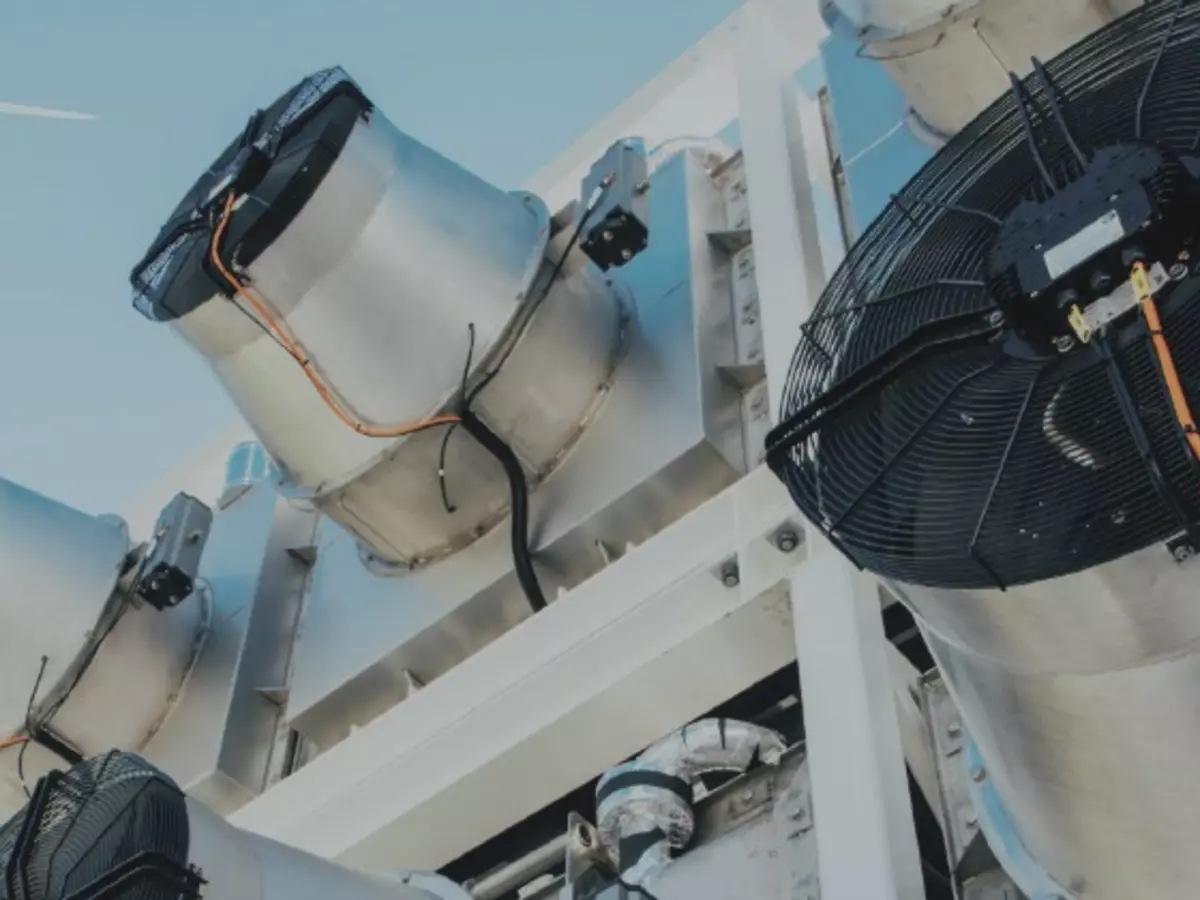Switzerland Has A Giant Machine That Sucks Carbon Dioxide From Air, Performs Better Than Plants
The plant is a proof-of-concept for a negative emissions project that looks to counter the effects of greenhouse gases.

A company in Switzerland has set up what is, in essence, a gigantic artificial tree capable of sucking out carbon dioxide from the atmosphere and repurposing it.

Images courtesy: Climeworks
The Climeworks AG facility in Zurich is the world¡¯s first ever commercial plant capable of capturing CO2 from the air on an industrial level. Its creators say the plant can draw about 900 tons of the gas from the air annually, after which it can be piped and sold to greenhouses to grow vegetables.
The amount of carbon dioxide the plant draws annually is approximately the same as the amount emitted by 200 cars in the same time. Of course, it¡¯s a mere fraction of what climate change analysts hope to draw from fossil fuel-powered plants across the world, but it is a promising start. Climeworks says its goal is to capture 1 percent of global CO2 emissions, using approximately 250,000 such plants.
¡°Highly scalable negative emission technologies are crucial if we are to stay below the 2-degree target [of the rise in global temperatures] of the international community,¡± Climewporks co-founder and managing director Christoph Gebald told the magazine Science.
Climeworks sits atop a waste heat recovery facility, that provides it with power. Fans push the air through a filter system that singles out the carbon dioxide, and then pipes it to a nearby greenhouse to produce vegetables like tomatoes and cucumbers. The captured CO2 could have other applications too, like for use in manufacturing aerated drinks.
Gebald and Climeworks co-founder Jan Wurzbacher established Climeworks in 2009 after first working on the technology during their postgraduate studies in Zurich. Climeworks¡¯ first plant is intended to run as a three-year demonstration, though the company plans to launch additional ventures next year, including attempting to bury the gas underground.
